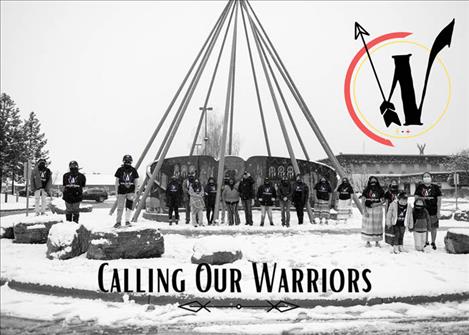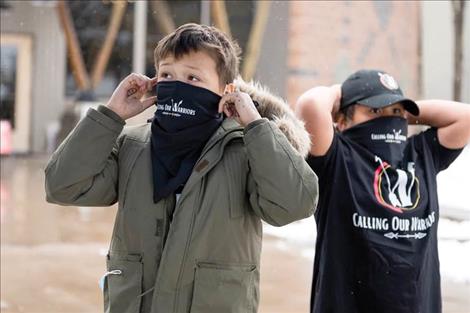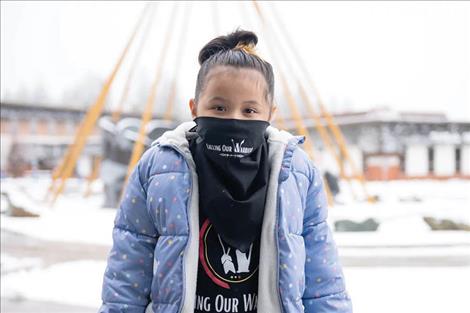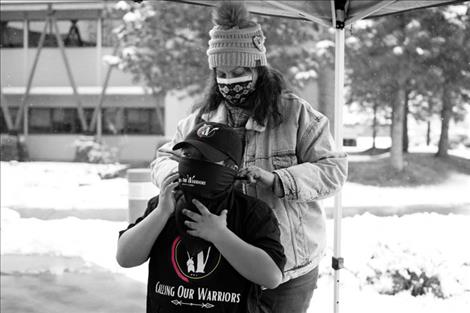- Home >
- News >
- Local News >
- Government
‘Calling Our Warriors’ documentary released
Issue Date: 1/5/2022
Last Updated: 1/4/2022 6:16:31 PM |
By Kristi Niemeyer for the Valley Journal
Keep Reading!
You’ve reached the limit of 3 free articles - but don’t let that stop you.
















.jpg)
.jpg)



